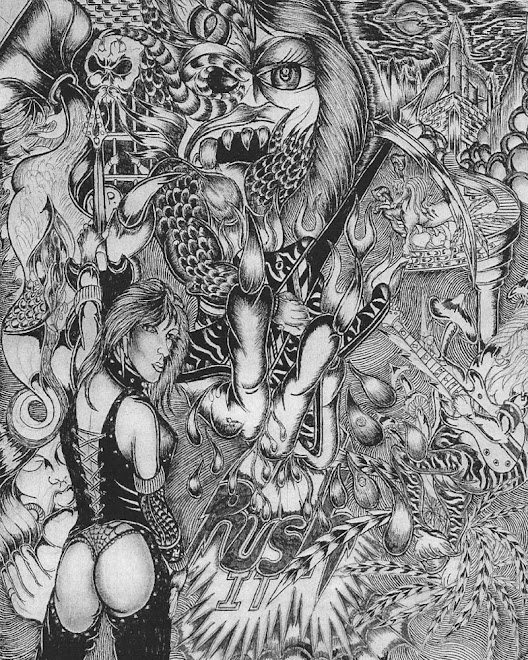Tasered man's death 'avoidable,' Quebec coroner's report finds
November 5, 2008
INGRID PERITZ, Globe and Mail
MONTREAL — An Italian-born MBA student who died under murky circumstances while in custody in Quebec City last year failed to get prompt and potentially life-saving medical attention despite his obvious distress, according to a Quebec coroner's report.
The report said that Claudio Castagnetta, whose controversial death gained attention in Italy, didn't die as a result of the taser that was used by Quebec City police five times during his arrest. But coroner Jean Brochu questioned why police needed to use a stun gun on Mr. Castagnetta, who had been acting erratically but was otherwise not a threat.
"He was not aggressive, he was not a danger, he was not a criminal," Dr. Brochu said in an interview yesterday after tabling his report. "Maybe all he needed was a psychological evaluation."
His death prompted calls for a public inquiry, but Quebec's chief coroner yesterday nixed the idea.
A Canadian citizen active in the Italian Chamber of Commerce, Mr. Castagnetta was arrested after refusing to leave a store where he had walked in barefoot at night, appearing disoriented and confused. He resisted arrest.
Dr. Brochu said that after Mr. Castagnetta was taken into custody, police and provincial correctional officials missed a series of cues that should have tipped them that the detainee needed medical help.
His behaviour in custody included licking cell walls, vomiting, splashing his face with toilet water and banging his head so hard while in a prisoner transport van that the vehicle shook.
Yet those responsible didn't get him medical help.
"It's as if they were each watching part of a film and no one saw the entire film, which was a horror movie," Dr. Brochu said.
Mr. Castagnetta, 32, died of a massive cerebral edema - swelling of the brain - caused by a series of convulsions. The coroner said he was agitated and confused before and after his arrest due to the consumption of amphetamines.
"Several people involved in the arrest, imprisonment, oversight and transport of Claudio Castagnetta should have seen that his state required care or at least an evaluation of his mental state, rather than imprisonment," the coroner wrote.
Reached yesterday in the family's hometown of Palermo, Sicily, Mr. Castagnetta's father said he was upset by the timing of the coroner's report.
"I'm troubled that it was released ... when all the world's attention is focused on the U.S. presidential election," Mr. Castagnetta said. "I'm afraid this young man's fate will go unnoticed. It should have been released last week."
He insisted that his son failed to get proper attention.
"He should have had medical assistance from the time of his arrest because he was demonstrating signs of mental distress," his father said. "He was in the hands of the police.
"I mean, here, if a Mafioso is under arrest and falls ill, they take him to the hospital, they don't just let him die."
Mr. Castagnetta's death had sparked a minor diplomatic row between Italy and Canada. In an unusual move, the Italians summoned Canada's ambassador in Rome to demand an explanation, after complaining about the lack of adequate information surrounding the death.
Yesterday, Italy's ambassador to Canada, Gabriele Sardo, criticized the delay of 13 months between Mr. Castagnetta's death and the release of yesterday's report.
"This is something that should leave anyone flabbergasted," he said from Ottawa. The coroner concluded that Mr. Castagnetta's was an accidental, "avoidable death."
Among his recommendations, he called on Quebec City police to review procedures so that people who are tasered are evaluated in hospital, and imprisoned only if medical staff judges the person is out of danger.
Mr. Castagnetta received five electric discharges in less than one minute, the longest lasting 21 seconds. The coroner said that Mr. Castagnetta's reaction should have signalled to officers that he might have been under the influence of drugs that altered his response to pain.
With a report from Massimo Commanducci in Toronto


No comments:
Post a Comment